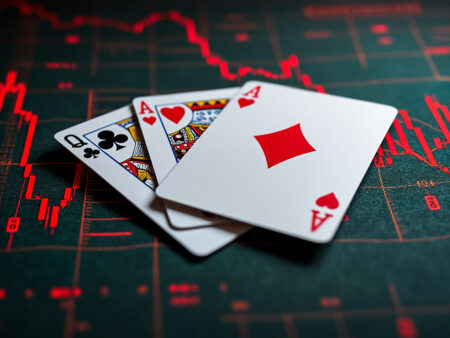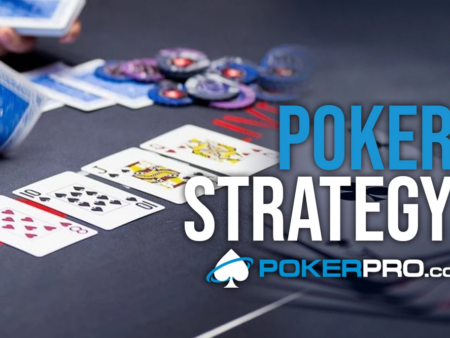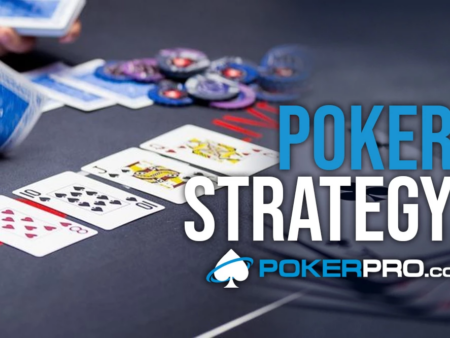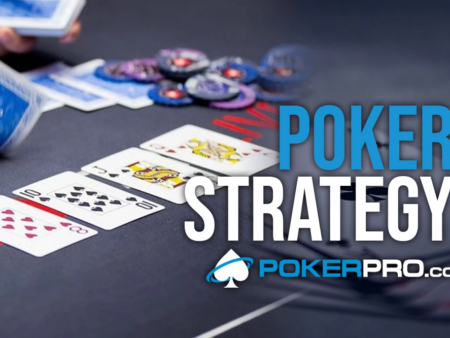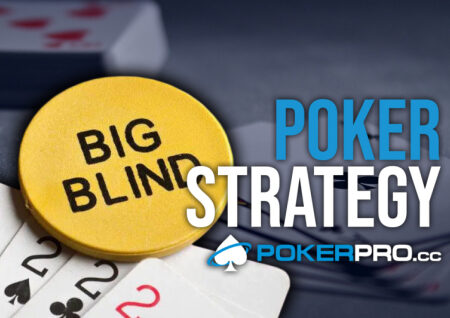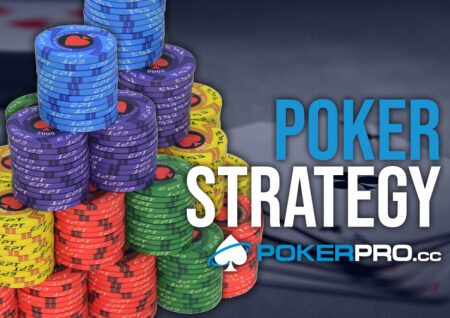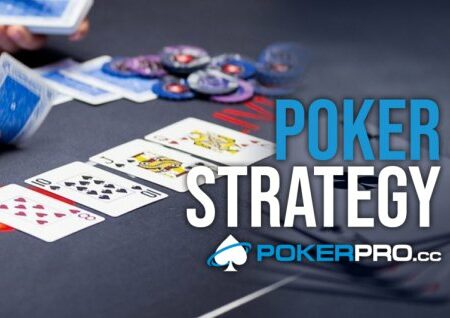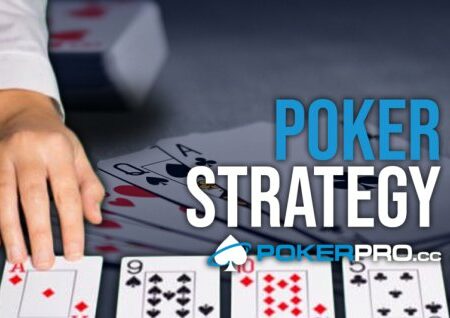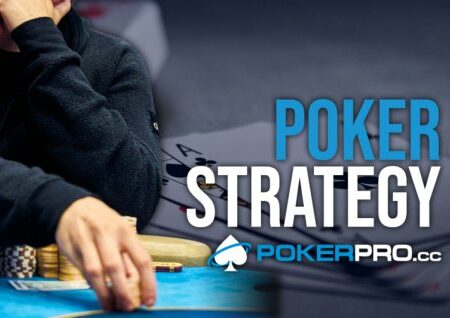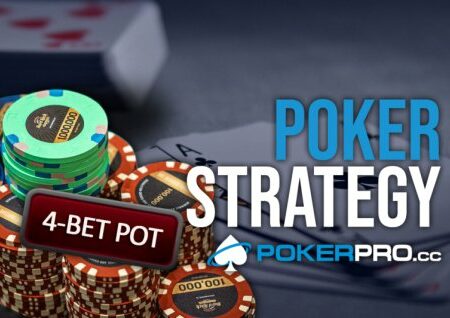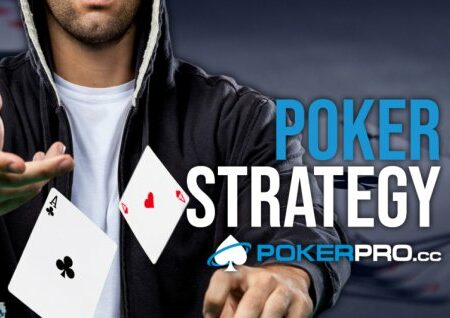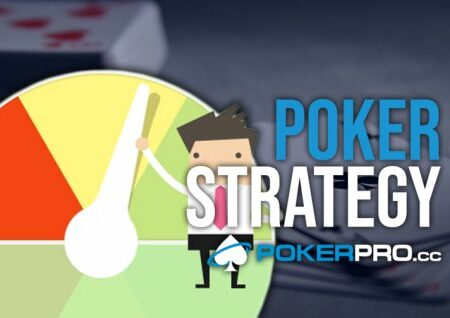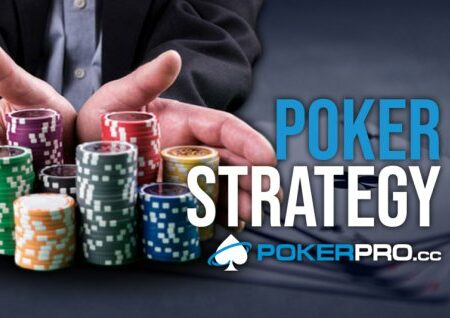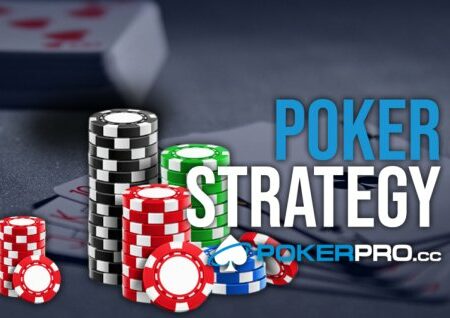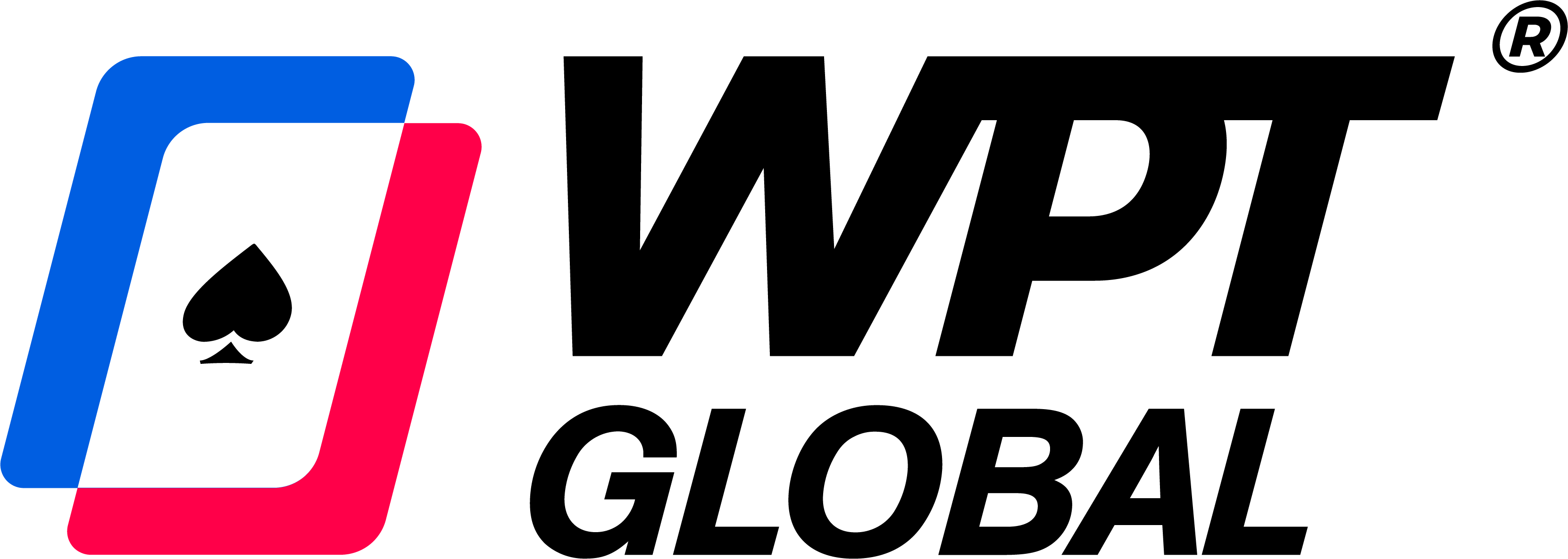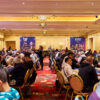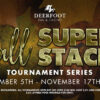In poker there are three main situations when we want to slow play our hands:When opponent uses large bet sizingWhen we are in positionWhen …
When to Slow Play With Strong Hands
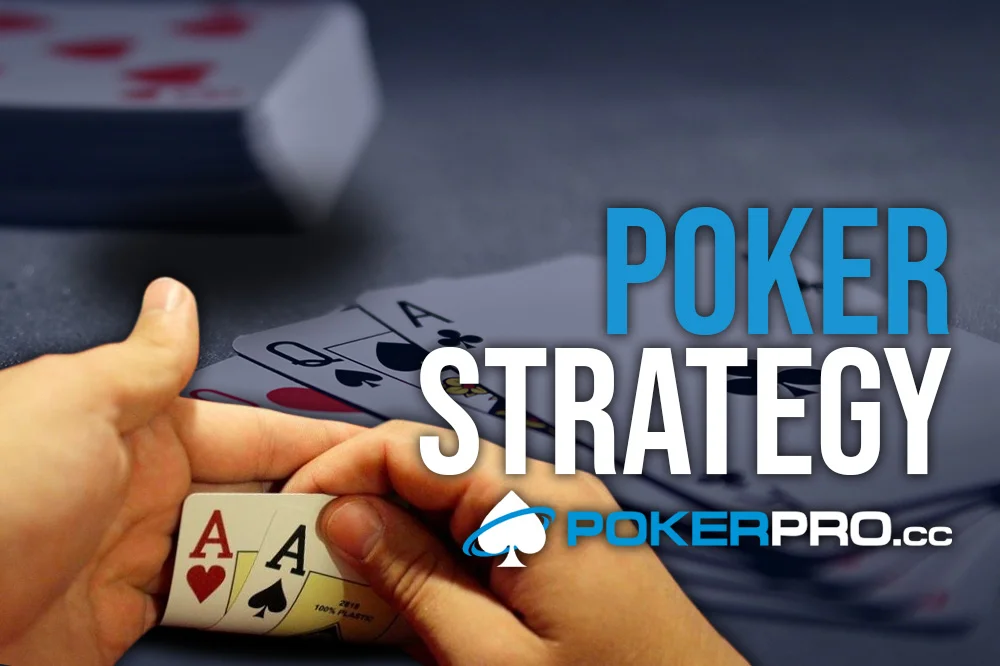
In poker there are three main situations when we want to slow play our hands:
- When opponent uses large bet sizing
- When we are in position
- When the Stack-to-pot ratio (SPR) is low
Let’s have a closer look to all three situations.
Why do we want to slow play when opponent uses big sizings?
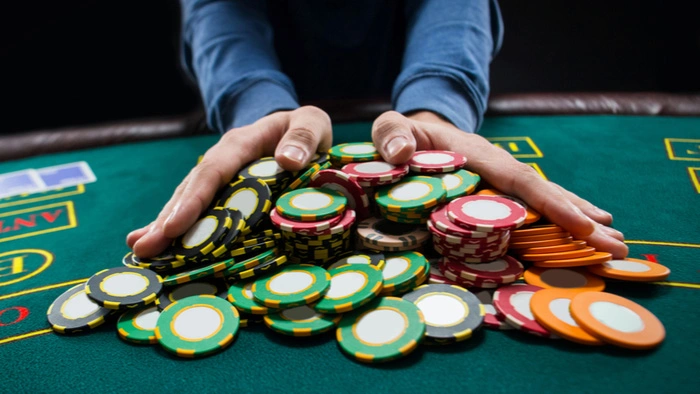
Opponents using large bet sizing means, they often have a polarizing range, which means that their range consists of mainly bluffs and strong hands.
This means that they will very often continue to bet on later streets with their strong hands and a they will also need to mix in enough bluffs in order to not be too easily exploitable.
Because smaller bet sizes are not polarized like the larger ones, we want to raise more often as after the a bet like this on early streets, next one will usually end up as check-check, due to the fact that villain is going to have mediocre hands.
This way the slow play is not optimal against smaller bet sizes.
Why do we want to slow play when we are in position?
If opponents decide to check, we still have an opportunity to bet ourself while being in position, and increase the pot with our value hands.
This way slow playing in position becomes less risky, because opponents can’t checkback behind us on the turn and see the river for free. With smaller pots, we would lose a lot of EV.
Why do we want to slow play when the SPR is low?
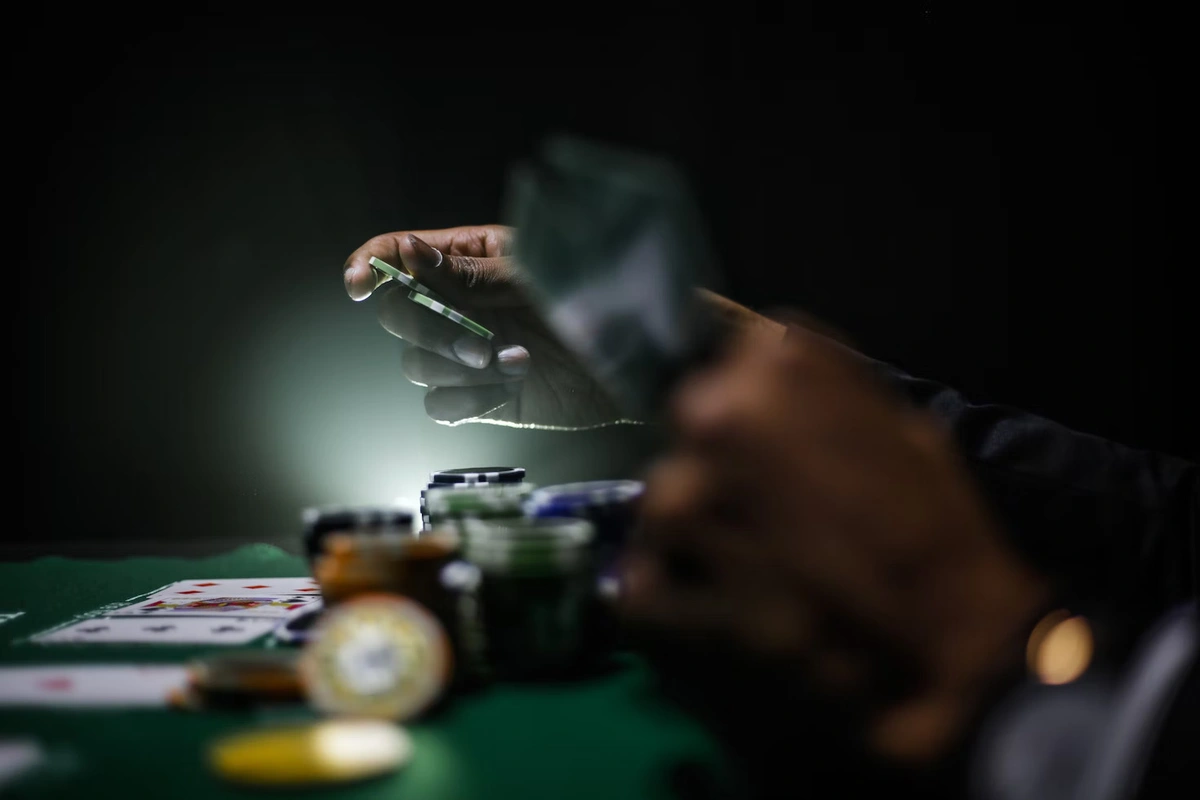
SPR stands for Stack-to-Pot ratio, which is the ratio between the shortest stack in the hand and the current pot. In general, our strong hands have two main goals:
- To bet and build a pot
- Slow play and keep the bluffs in play
If we think about how SPR affects these two factors, we can come to a conclusion that with bigger stacks we want to play our value hands fast and to stack our opponents as this way we will win significantly more money.
But in the cases when we have smaller stacks, we can have more risks like opponents checking back on us, as we can’t win many big blinds anyway. For this reason, slow playing and letting opponents bluff becomes more important.
That’s why in low SPR pots we want to check a lot with our top range like flushes and straights, an raise with hands that need protection like one pair, two pair or sets, in order to deny equity to our opponents.
